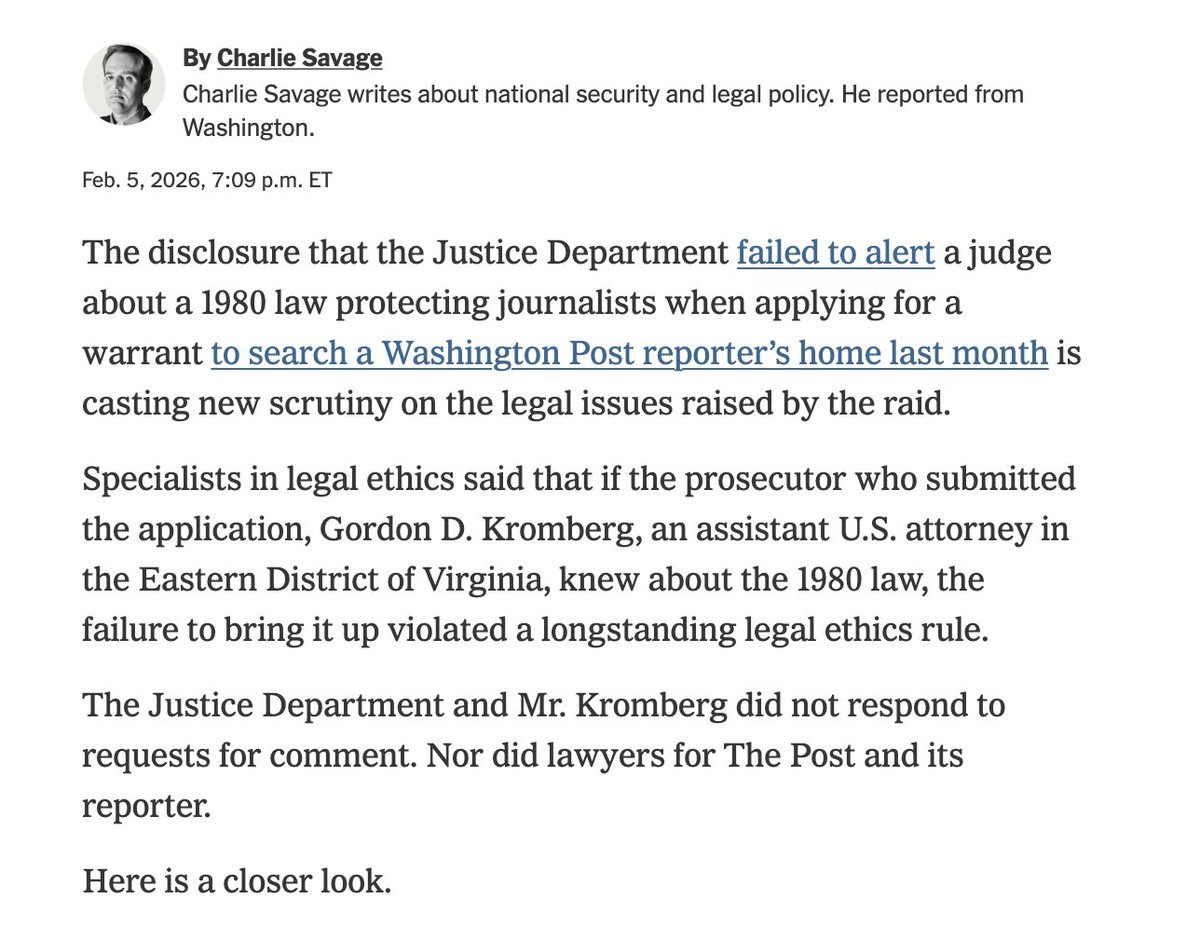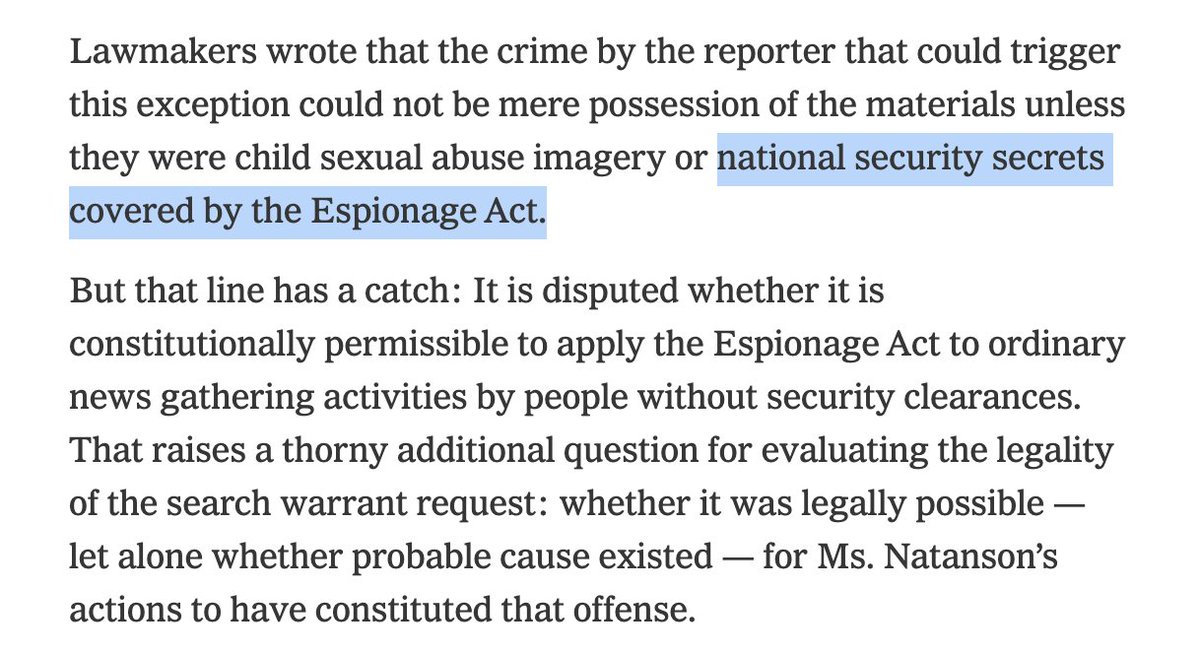Some interesting Supreme Court history I stumbled upon wasting time on Wikipedia:
On April 21, 1844, Justice Henry Baldwin died while in office. President Tyler had a little over ten months left in his Presidential term. Tyler tried to fill the seat, but was unsuccessful.
On April 21, 1844, Justice Henry Baldwin died while in office. President Tyler had a little over ten months left in his Presidential term. Tyler tried to fill the seat, but was unsuccessful.
On June 5, 1844, President Tyler nominated Edward King to fill the seat. But Tyler had little support in Congress, and the Senate voted to table the King's nomination and not consider it on the merits. govtrack.us/congress/votes…
President Tyler withdrew the nomination, and then nominated John Read for the seat. The Senate ignored that nomination. President Tyler's Presidency ended with the seat still vacant in March 1845. 

President Polk took office in March 1845 and had trouble filling the seat. It didn't happen until August 1846, after Polk had been in office for 17 months, with confirmation of Robert Grier. Grier was nominated August 3, 1846, and unanimously confirmed the next day. 

If I follow the history, the seat was vacant for over two years. Anyway, I didn't know this, seemed interesting. (No, I don't have a grand normative lesson. It just seemed interesting.) /end
• • •
Missing some Tweet in this thread? You can try to
force a refresh





















